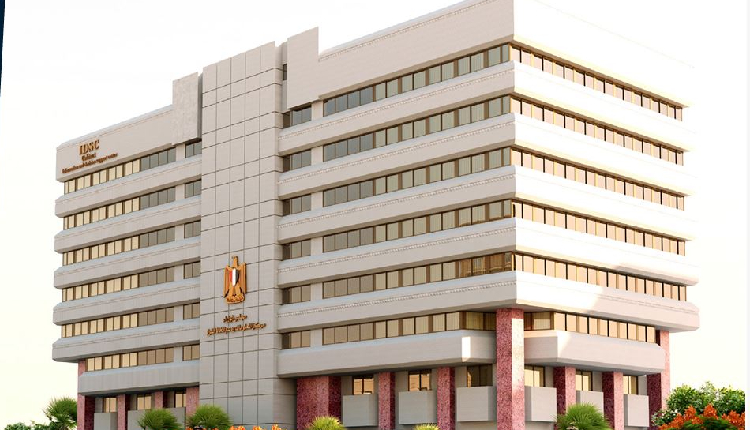Egypt’s PM overhauls decision-making centre with high-profile expert board
Egypt’s Prime Minister Moustafa Madbouly issued on Thursday a decree appointing a new board for the Information and Decision Support Centre (IDSC), a move seen to enhance government decision-making.
The revamped board, composed of leading experts and senior officials, will work to strengthen policy formulation through artificial intelligence (AI) and big data analytics, reinforcing Egypt’s commitment to evidence-based governance.
The decision aligns with ongoing efforts to restructure the IDSC as a public service entity directly affiliated with the Cabinet, ensuring its role as a key policy advisory body that applies international best practices to support national development.
Who’s on the New Board?
Osama El-Gohary, Assistant to the Prime Minister and Head of the IDSC, will chair the new board, which brings together a diverse group of renowned academics, policymakers, and specialists in economics, technology, and governance, including:
- Mahmoud Mohieldin – UN Special Envoy on Financing the 2030 Sustainable Development Agenda, Economics Professor at Cairo University, and former Minister of Investment.
- Ali El-Din Hilal, Political Science Professor at Cairo University and former Egyptian Minister of Youth and Sports.
- Ahmed Darwish – Former Minister of Administrative Development and ex-Chairman of the Suez Canal Economic Zone (SCZONE).
- Ahmed Zayed– Sociology Professor, Member of the Senate, and Director of the Bibliotheca Alexandrina.
Additionally, representatives from key ministries have been included to ensure seamless coordination between research, planning, and policy implementation.
- Dina Sabry – Member of the Foreign Minister’s Office, representing the Ministry of Foreign Affairs and Egyptian Expatriate Affairs.
- Tamer Taha – Advisor to the Minister of Planning, Economic Development, and International Cooperation for Innovation and Entrepreneurship, and Head of the Private Sector Engagement Unit, representing the Ministry of Planning.
- Ahmed Abdel-Razek – Permanent Undersecretary of the Ministry of Finance, representing the Ministry of Finance.
- Rana Abdel-Hamid – Assistant Minister of Communications and Information Technology for Follow-up Affairs, representing the Ministry of Communications and IT.
- Walid Bishr Gowhar – Head of the Central Department for Information Systems and Digital Transformation, representing the Ministry of Local Development.
The formation of this high-caliber advisory body marks a significant step toward modernising government decision-making, stated El-Gohary.
“This new board brings together a powerful mix of academic expertise, real-world experience, and government leadership, ensuring that policies are rooted in data-driven insights. Our focus is on boosting the IDSC’s role as a trusted think tank that anticipates future challenges and supports effective policymaking,” he said.
The board will guide the centre’s research agenda and strategic direction, with a strong emphasis on digital transformation and AI-driven policy analysis. Key objectives include:
- Harnessing AI and Big Data – Implementing advanced analytics to create predictive models that support national policymaking.
- Expanding Global Partnerships – Collaborating with leading international think tanks and institutions to share expertise and adopt global best practices.
- Enhancing Legislative and Regulatory Frameworks – Strengthening data governance to ensure transparency, efficiency, and optimal resource allocation.
New Initiatives in the Pipeline
According to El-Gohary, the coming months will see the IDSC launch new AI-powered initiatives aimed at improving government responsiveness and long-term planning. The board will also review and prioritise key research projects, ensuring they align with Egypt’s Vision 2030 and broader national development goals.
The IDSC’s new direction will reinforce Egypt’s position as a regional leader in data-driven governance, helping policymakers make informed decisions that drive economic growth, innovation, and long-term stability, El-Gohary said.
Attribution: Amwal Al Ghad English


